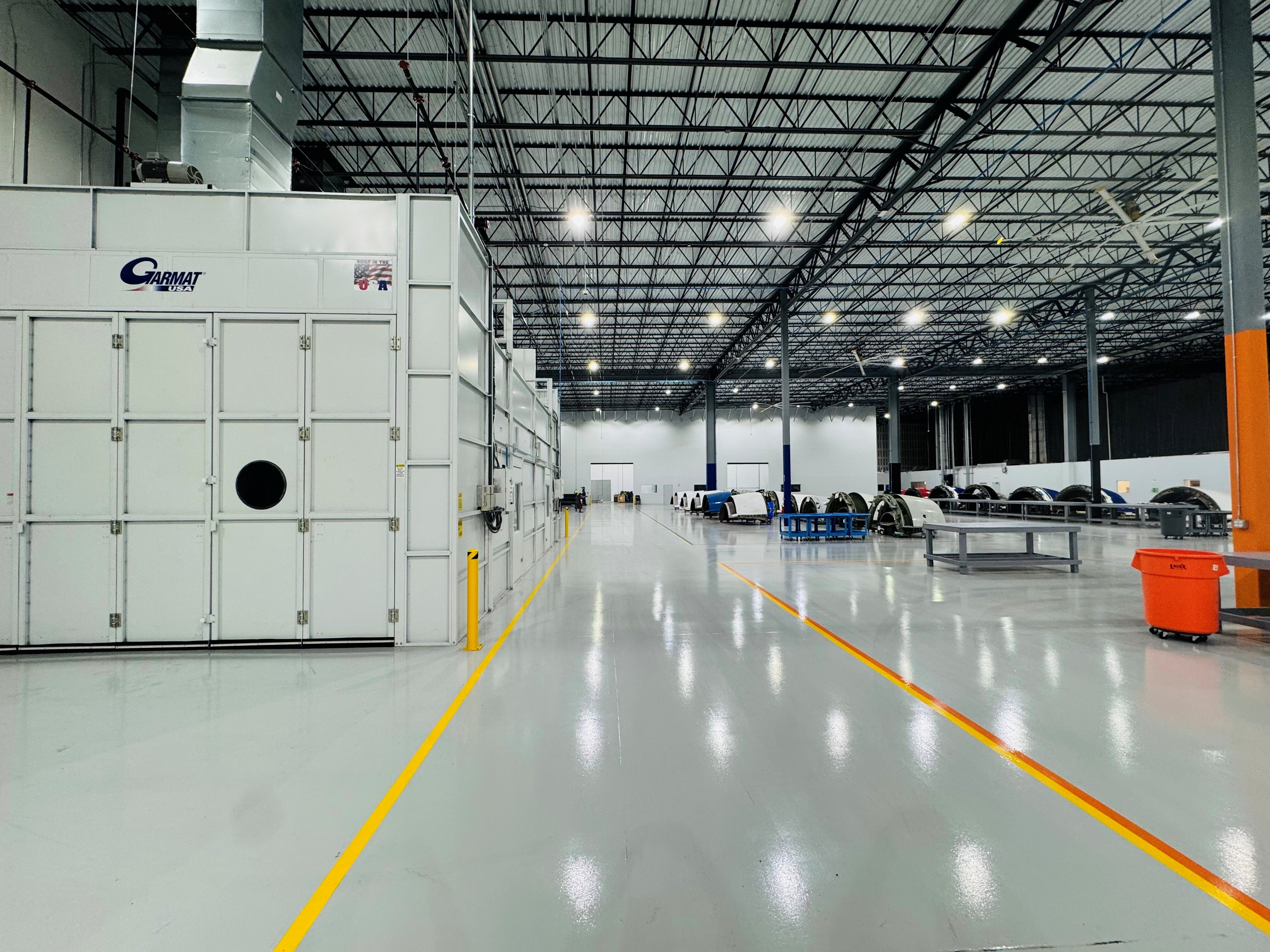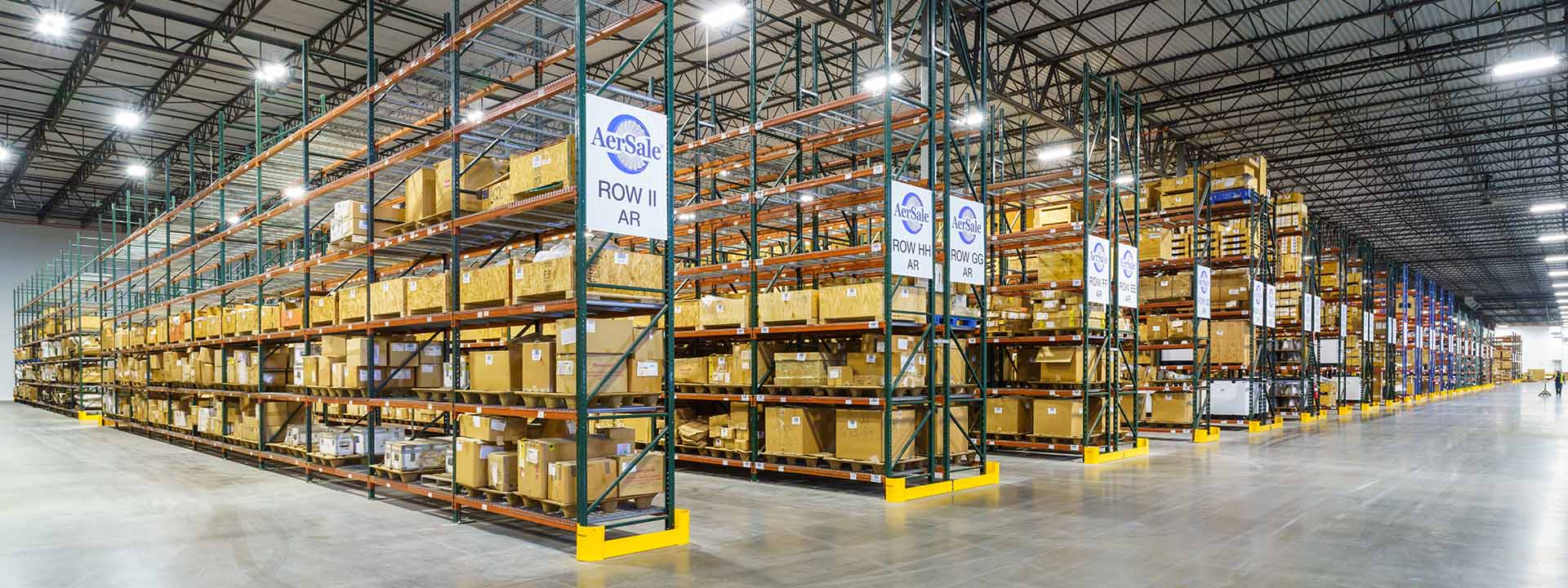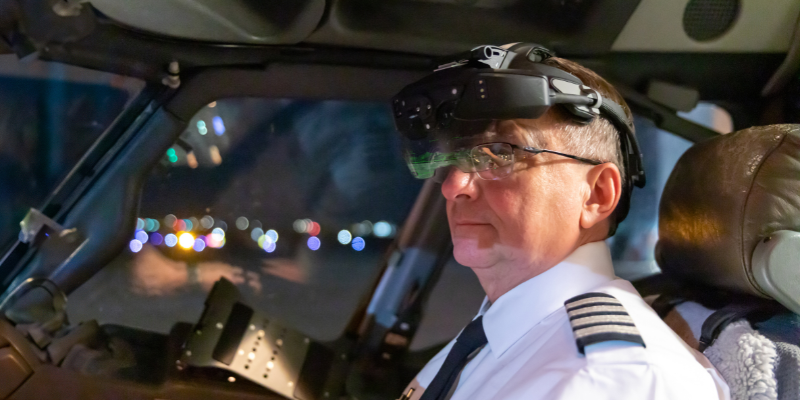In 2018, global passenger demand in the airline industry rose 6.5%, with load factors hitting a record 81.9%, according to IATA. In its latest commercial market outlook, Boeing predicts 3.5% fleet and 4.7% traffic growth between now and 2037. It also forecasts that 42,730 aircraft—valued at a combined $6.3 trillion—will be delivered during the same time period.
Rising passenger demand translates into more airline flights. As those flights increase, so does the need for more aircraft and, in turn, a healthy growth strategy that takes an integrated approach to traditional aircraft MRO.
Aircraft Fleet Ages
The general life cycle for commercial aircraft in the U.S. is between 20 and 30 years. Far from set in stone, that number is affected by a variety of dynamics such as economic conditions, the cost of fuel, changing fleet strategies, and new aircraft coming onto the market.
The AirFleets.net website calculates aircraft age by model within a specific airline's fleet. The average age of the fleet at the top five U.S. airlines is 12.4 years old, broken down as follows:
- American Airlines: 10.7 years
- Delta Air Lines: 15.6 years
- JetBlue: 10.1 years
- Southwest Airlines: 11 years
- United Airlines: 15 years
Buoyed by the need for ongoing aircraft support, aircraft MRO is expected to become more crucial than ever for commercial airlines. To meet the market’s evolving demands, MRO spending is predicted to swell to $116 billion by 2029, up from $81.9 billion in 2019, according to aviation consultancy Oliver Wyman’s Global Fleet & MRO Market Forecast Commentary 2019-2029.
The Evolving Role of Aircraft MRO
On top of fleet growth, aircraft MRO spending will be driven by more expensive maintenance visits and technology enhancements. However, there will be a short-term slowing of growth between 2019 and 2024 as newer-generation aircraft enter airline fleets. Not unexpectedly, these aircraft will have longer intervals between shop visits. But new technology and life-limited parts on newer aircraft will be more expensive to service and replace once needed, which will push MRO spending higher and correct the short-term slowed growth.
Until newer aircraft were delivered, airlines kept older planes in service longer than anticipated, slowing their retirements. Some carriers even took aircraft out of storage to accommodate passenger demand. As a result, aircraft MRO demand rose to handle the higher servicing needs of older aircraft in key areas such as engines, component services, aircraft MRO services, and MRO aviation facilities.
Components of a Successful Fleet Growth Strategy
To maximize their fleet’s performance and ROI, airlines are embracing a new, integrated approach to growth: one in which MROs oversee the maintenance of every aircraft in their fleet, from nose cone to tail. Airlines don’t make money when aircraft are grounded, so maintaining a healthy fleet is key to maintaining black ink in the bottom line.
Through a single full-service aviation partner, commercial airlines can streamline costs, enhance efficiency, and maximize the value of their assets from fleet introduction and service life through retirement. From engines to component MRO and even MRO facilities, the needs of your fleet are complex and require an integrated solutions provider who can connect all the dots.
Aircraft Engine Inspections
Jet engines on commercial aircraft are extremely reliable, thanks to strict standards that oversee materials, manufacturing, operations, and quality control. They have the ability to operate for thousands of hours under demanding conditions before needing engine inspection, service, or repair. However, there are times when aircraft must be grounded so that engines can be checked for required maintenance or unexpected failures. Engines are the most costly segment for airline maintenance, according to IATA’s 2018 Maintenance Cost Task Force report.
Improper planning for engine repairs can lead to extended maintenance times, reduced availability, and flight delays, which hurt travelers and airlines. Airlines can work with MROs to mitigate these factors by regularly monitoring their engine management and maintenance practices, and maintaining a schedule for expected repairs.
Component MRO Services
The goal with any service during an aircraft’s service life is to get flying again as quickly as possible. The component MRO services aspect of an integrated fleet growth strategy involves sourcing and fitting mechanical, hydraulic, structural, and electrical components with quick turnarounds. High-quality component MRO companies like AerSale® also offer 24-hour-a-day services in case of emergencies and have solid relationships with OEMs.
Aircraft MRO Services
Aircraft MRO encompasses a range of commercial aviation services as dynamic as the industry itself. Base MROs handle complex tasks such as C checks and D checks, which take from a few weeks to months, costing millions of dollars. Line MROs handle the necessary and minor maintenance tasks required between flights such as replacing wheels and brakes. As with component MRO, it’s crucial to secure a partner with 24/7/365 availability who is mobile enough to get crucial jobs done on a moment’s notice.
MRO Aviation Facilities
OEMs and independent operators continue to invest millions of dollars in these facilities as passenger demand continues to rise. Airlines rely on them to handle the massive job of maintaining the reliability of the global aircraft fleet. Hallmarks of a high-quality MRO aviation facility are proximity to airline customers, superior customer support, easy access to spares and parts, and the use of robotics and automation for more efficient repairs and maintenance.
Aviation facilities come equipped with the tools to repair parts and components across many types, including actuation systems, aero nozzles, cargo systems, electrical systems, engine and control systems, evacuation systems, lighting systems, and sensors and integrated systems.
AerSale is equipped to help customers throughout an aircraft’s life cycle with relevant products, expert services, and integrated solutions, including a broad range of MRO and engineering expertise for commercial aircraft and components. To maximize our customers’ success, we also offer aircraft asset management services to owners of end-of-life aircraft and engine portfolios. Through this integrated solutions approach, customers can streamline their supply chain, improve efficiency, reduce costs, and minimize downtime.
About AerSale
A global aviation leader celebrating its 10-year anniversary, AerSale specializes in the sale, lease, and exchange of used aircraft, engines, and components, in addition to providing a broad range of maintenance, repair, and overhaul (MRO) services and engineering services for commercial aircraft and components. AerSale also offers asset management services to owners of end-of-life aircraft and engine portfolios. Headquartered in Coral Gables, Florida, AerSale maintains offices and operations in the United States, Europe, and Asia. For more information on how AerSale can exceed your MRO requirements and keep your aviation assets functional and profitable from first flight to final flight, visit www.aersale.com or contact us.






